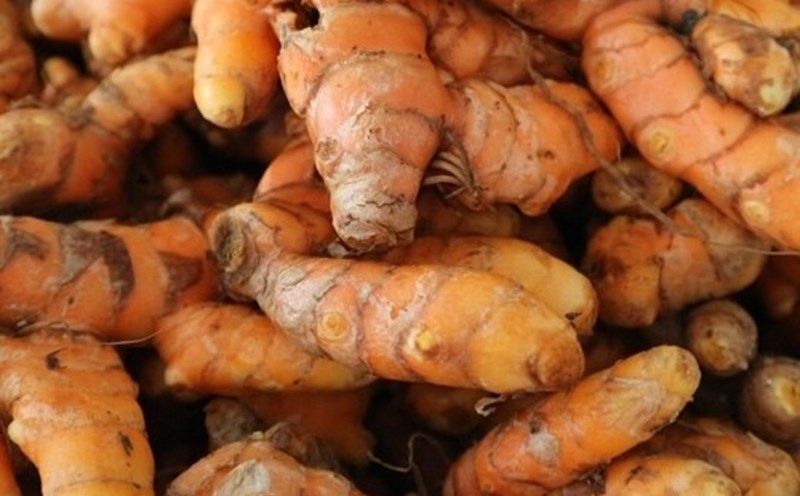Magnesium is an essential mineral involved in more than 300 biochemical reactions in the body, including the role of regulating vascular attraction, smooth muscle relaxation and electrolyte balance.
According to research published in the Journal of Hypertension, magnesium has the ability to inhibit vasoconstriction, reduce vascular wall resistance and help lower cardiopulmonary blood pressure by 3-5 mmHg after 1-3 months of regular supplementation.
Not only that, magnesium also supports the metabolism of sodium and potassium, helping to reduce water retention and fight inflammation, factors closely related to chronic high blood pressure.
Here are natural foods that are both rich in magnesium and easily added to your daily diet.
Black beans
Black beans contain about 120mg of magnesium/100g, along with anthocyanin, a powerful antioxidant that helps protect blood vessel endothelium.
A diet with black bean supplementation 3-4 times a week helps reduce blood pressure in people with pre- excess blood pressure by up to 8%.
Black bean congee can be cooked with brown rice, stewed with bones or vegetable soup.
Flaxseeds
In addition to omega-3 and fiber, flaxseeds provide about 390mg of magnesium/100g, higher than many other nuts.
Using flaxseeds per day helps reduce an average of 5 mmHg of cardiopulmonary blood pressure, thanks to improved endothelial function and anti-inflammatory.
How to use: Grind flaxseed and sprinkle it on smoothies, congee, or make cakes.
Soybeans
Soybeans are not only rich in protein, but also contain magnesium (~65mg/100g) and isoflavones, which help improve the flexibility of blood vessels.
According to the European Journal of Nutrition, people who use soy products (bean milk, tofu) every day for 8 weeks have more stable blood pressure, especially in middle-aged people.
Use unsweetened soy milk or prepare steamed, steamed tofu.











